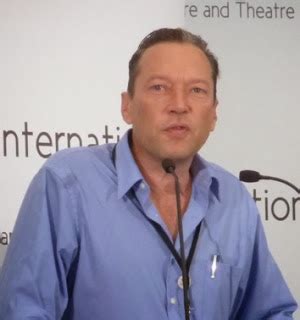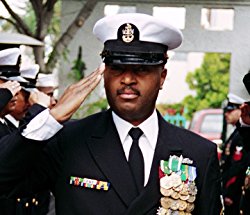A Quote by James Buchan
The west has a great deal to answer for in the Middle East, from Britain's belated empire-building after the First World War to the US and British policy that condemns modern Iraq to the material and social squalor of a half-century ago.
Related Quotes
The modern Middle East was largely created by the British. It was they who carried the Allied war effort in the region during World War I and who, at its close, principally fashioned its peace. It was a peace presaged by the nickname given the region by covetous British leaders in wartime: 'The Great Loot.'
The Iranian issue I don't think has much to do with nuclear weapons frankly. Nobody is saying Iran should have nuclear weapons nor should anybody else. But the point in the Middle East, as distinct from North Korea, is that this is center of the world's energy resources. Originally the British and secondarily the French had dominated it, but after the Second World War, it's been a U.S. preserve. That's been an axiom of U.S. foreign policy, that it must control Middle East energy resources.
Wars between states and people seem to have existed under all historical systems for as long as we have some recorded evidence. War is quite clearly not a phenomenon particular to the modern world-system. On the other hand, once again the technological achievements of capitalist civilization serve as much ill as good. One bomb in Hiroshima killed more people than whole wars in pre-modern times. Alexander the Great in his whole sweep of the Middle East could not compare in destructiveness to the impact of the Gulf War on Iraq and Kuwait.
There is great fear expressed on all sides lest this war shall be made a war for the negro. I am willing that it shall be. It is awar to found an empire on the negro in slavery, and shame on us if we do not make it a war to establish the negro in freedom--against whom the whole nation, North and South, East and West, in one mighty conspiracy, has combined from the beginning.
The great theme of modern British history is the fate of freedom. The 18th century inherits, after the Civil War, this very peculiar political animal. It's not a democracy, but it's not a tyranny. It's not like the rest of the world, the rest of Europe. There is a parliament, laws have to be made, elections are made.
Sadly, a U.S. invasion of Iraq 'would threaten the whole stability of the Middle East' - or so Amr Moussa, secretary-general of the Arab League, told the BBC on Tuesday. Amr's talking points are so Sept. 10: It's supposed to destabilize the Middle East. The stability of the Middle East is unique in the non-democratic world and it's the lack of change in Iraq, Iran, Saudi Arabia, Syria, Egypt that's turned them into a fetid swamp of terrorist bottom-feeders.
I would like to see the Punjab, North-West Frontier Province, Sind and Baluchistan amalgamated into a single State. Self-government within the British Empire, or without the British Empire, the formation of a consolidated North-West Indian Muslim State appears to me to be the final destiny of the Muslims, at least of North-West India.
We are constantly trying to cope with what our fathers or our grandfathers did. I wrote the book 'Great War of Civilization,' and my father was a solider in the First World War which produced the current Middle East - not that he had much to do with that - but he fought in what he believed was the Great War for Civilization.





































